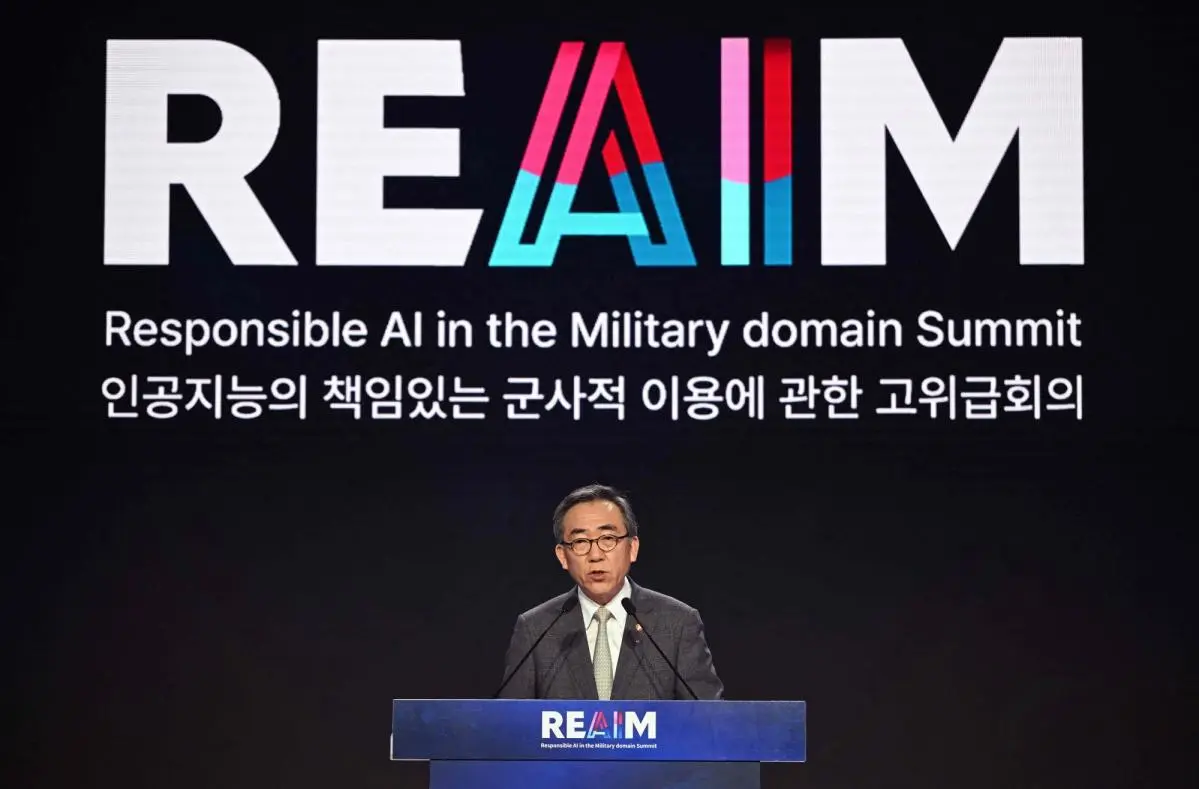
China's refusal to sign a declaration on AI governance highlights its strategic dilemma amid US rivalry. The declaration aimed to ensure human control over nuclear weapons decision-making, endorsed by over 60 countries, including the US and Ukraine. This decision reflects China's cautious approach to international commitments while seeking a greater role in global AI governance.
The ongoing US-China competition complicates global AI regulation, particularly in military applications. Both nations are heavily investing in AI to gain military advantages, leading to concerns about an AI arms race. The lack of cooperation between the two powers stifles efforts to establish effective international regulations for AI technologies.
• China's non-signature reflects its strategic caution in AI governance.
• US-China rivalry complicates global efforts to regulate military AI applications.
The article discusses AI's role in military applications and the need for regulations to prevent misuse.
The article highlights the strategic competition between the US and China in developing military AI capabilities.
The article emphasizes the importance of establishing international agreements on AI governance amid geopolitical tensions.
YAHOO!Finance 13month
Isomorphic Labs, the AI drug discovery platform that was spun out of Google's DeepMind in 2021, has raised external capital for the first time. The $600
How to level up your teaching with AI. Discover how to use clones and GPTs in your classroom—personalized AI teaching is the future.
Trump's Third Term? AI already knows how this can be done. A study shows how OpenAI, Grok, DeepSeek & Google outline ways to dismantle U.S. democracy.
Sam Altman today revealed that OpenAI will release an open weight artificial intelligence model in the coming months. "We are excited to release a powerful new open-weight language model with reasoning in the coming months," Altman wrote on X.
